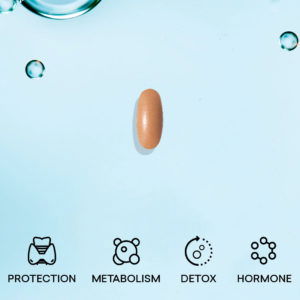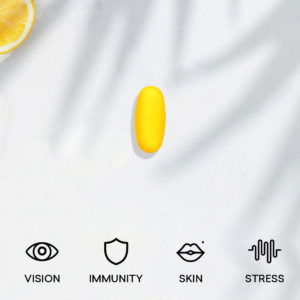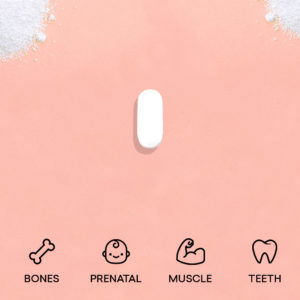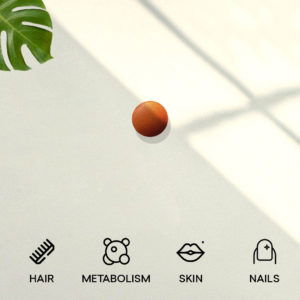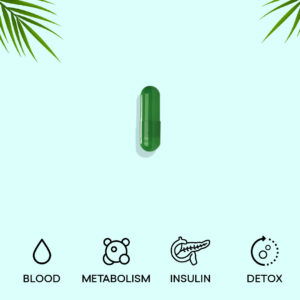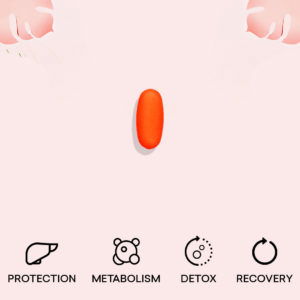Despite its sunny environment, there is a notable deficiency in around 70-80% of the Indian population with varying degrees of calcium deficiency. Thus it is advisable to consume Vitamin D with a calcium supplement to maximise the results.
Overusing sunscreen, obesity, dark skin, and indoor lifestyle are some of the major reasons why so many of us are deficient in Vitamin D today.
Studies suggest that more than 80% of Indians are deficient in the sunshine vitamin. Vitamin D2 can be obtained by your daily diet, however Vitamin D3 is best created by the human body when it’s subjected to sunlight. Due to the new indoor lifestyle, it is rather possible that most us are deficient in the sunshine vitamin.
Having darker skin also means more melanin content and lesser absorption of sunshine. Since the correct absorption of Calcium within your body is essentially influenced by Vitamin D, there’s a higher chance that the deficiency of Vitamin D3 will result in bone pain, backache, bone loss, osteoporosis in women, muscle pain.
Vitamin D deficiency is a problem among vegans and omnivores alike. A person is most likely to develop a deficiency if sources of Vitamin D are not included in the diet or exposure to sun is insufficient.
Vitamin D is an important part of your overall immune system function. Your immune system is in balance when you get enough Vitamin D. If you don’t get enough, you will have infections and allergies. It also makes your brain more capable of thinking, and is a very important part of your nervous system, making up a big part of the brain’s “black box” known as the hypothalamus.
The straightforward answer is yes. Vitamin D is really a fat soluble nutrient, which boosts serotonin levels in your system. Serotonin is merely a chemical contained in the brain, bowels, and blood platelets and is directly associated with uplifting mood, energy and positive thoughts.
Low quantities of vitamin D will mean low serotonin in your body which can cause you to feel more anxious, depressed, irritable, and cravings for sweets.
Vitamin D stimulates hair follicles, so a deficiency can result in hair loss. Vitamin D deficiency is often linked to alopecia areata, an autoimmune condition that triggers patchy hair loss.
Some unlisted benefits of Vitamin D include reduced risk of osteoporosis, reduction in the risk of type 1 diabetes mellitus and cardiovascular disease, improvement in the quality of life for people living with HIV/AIDS, reduction of the incidence of cataracts, improvement in the immune system, improvement of mood, reduction of cognitive disorders and improvement in bone density.
Vitamin D is a unique nutrient which can be found in sunlight or through diet and supplements.
Most foods do not contain Vitamin D in them. Milk is the most common food to which Vitamin D is sometimes added during processing. Apart from that, yogurt and cheese are not made with fortified milk and do not contain any Vitamin D. Fatty fish like tuna and cod liver oil naturally contain Vitamin D.
One cup of fortified milk contains approximately 100 IU whereas the recommended daily allowance of a healthy individual is 400 to 800 IU.
Some researchers have even found that only 20% milk kept in stores is fortified with Vitamin D. Especially skimmed milk contains very little to no Vitamin D. Therefore, milk can only be useful if it is fortified with Vitamin D.


